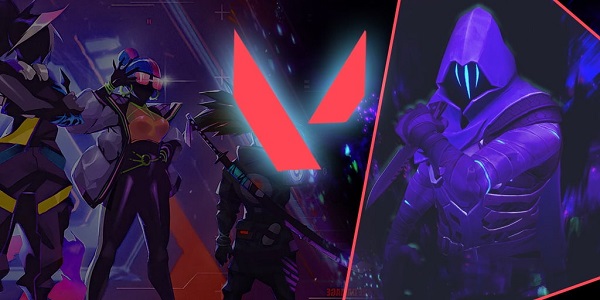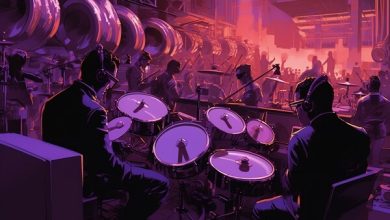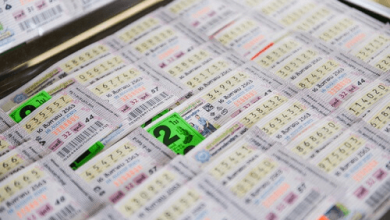How Esports is Developing in Valorant

The competitive stage in Valorant is developing by leaps and bounds. Now Riot Games is harvesting the first fruit of the recent changes on the TIER-1 stage, organizing the first big championship of the year — VALORANT Champions Tour 2023: LOCK//IN São Paulo.
No doubt, the main organizer of Valorant esports tournaments is Riot Games, the company that in fact has full control over the competitions of the highest level.
Nevertheless, the developer is not trying to monopolize the whole discipline, introducing an opportunity to external operators to conduct competitions of the TIER-2 level.
This is why Valorant has enough functions to develop harmonically. Moreover, the whole ecosystem is interconnected, so all companies that organize competitions are included into the whole Valorant schedule but are still available for personalization of your own championships.
In other words, the current reality of the stage allows to not only follow the whole structure of the VALORANT Champions Tour series but also offer new details that are especially noticeable in the second and the third echelons. So, let’s pay our attention to the companies that are pushing the discipline forward and ensure its continuous growth.
Riot Games
The main tournament operator and organizer of championships in the discipline is Riot Games, the company that developed the game itself. Currently the company has title rights for all key series and Valorant matches:
- VALORANT Champions Tour
- VCT Game Changers
Here the company conducts regional splits within the partner program, and also LOCK//IN, Masters and VALORANT Champions tournaments.
Nevertheless, any tournament beyond the TIER-1 stage has been given to external operators who abide by the common rules of the discipline and organize their own championships and push the discipline forward.
Third party tournament operators on the stage
On the TIER-2 stage the developers redistribute powers between various tournament operators and companies that collaborate with participants in their regions.
Currently there are several tournament operators that are in charge of the VALORANT Challengers regional series:
- Promod Esports (Northern Europe)
- LVP (Spain)
- Freaks 4U Gaming (France and Germany)
- Polska Liga Esportowa (Eastern Europe)
- Knights Arena (North America)
- FiReLeague (Latin America)
- World Cyber Games (South Korea)
- ESL (Thailand)
- LPL (Oceania)
Besides, there are other tournament operators that conduct championships beyond the main esports ecosystem. For example, this refers to Red Bull, MCT and Nerd Street Gamers. Also, major esports organizations and streamers conduct tournaments themselves where they invite famous Valorant teams from the professional stage.
Therefore, the current reality is that Riot Games, being the main monopolist of the TIER-1 stage, is not trying to dictate its terms, instead offering external tournament operators to engage with the development of the discipline.
This is especially noticeable in the VALORANT Challengers series where each company offers its own format and forms conditions for the whole season, not forgetting about complying with the whole structure.
As a result, we have a unified picture where each individual element offers a unique experience for regional teams and their fans. We can only guess what developers will prepare for the next competitive season. But now we see that the stage is actively developing and in three years it grew into a competitive discipline, considering the rapid growth of views and popularity.





